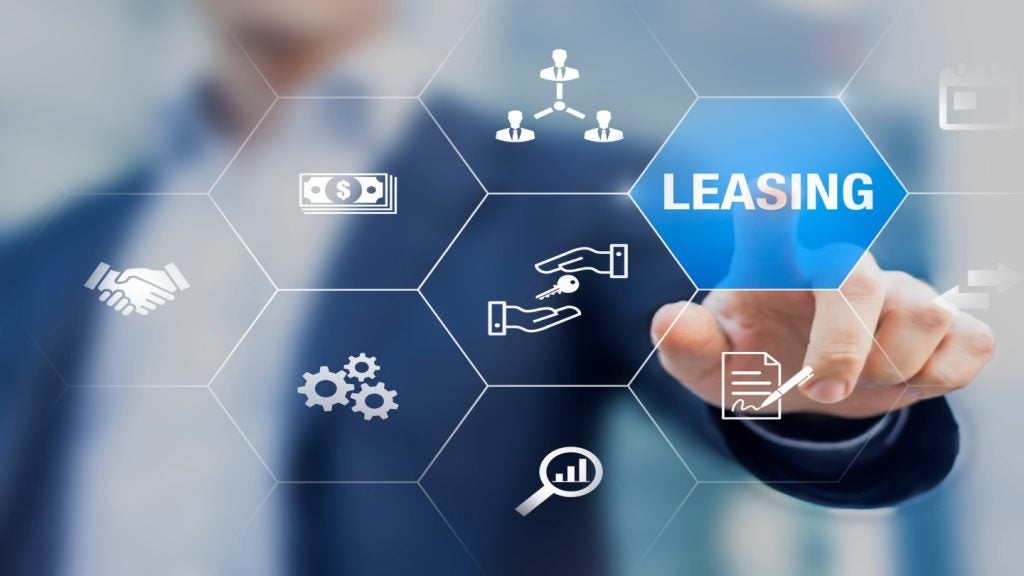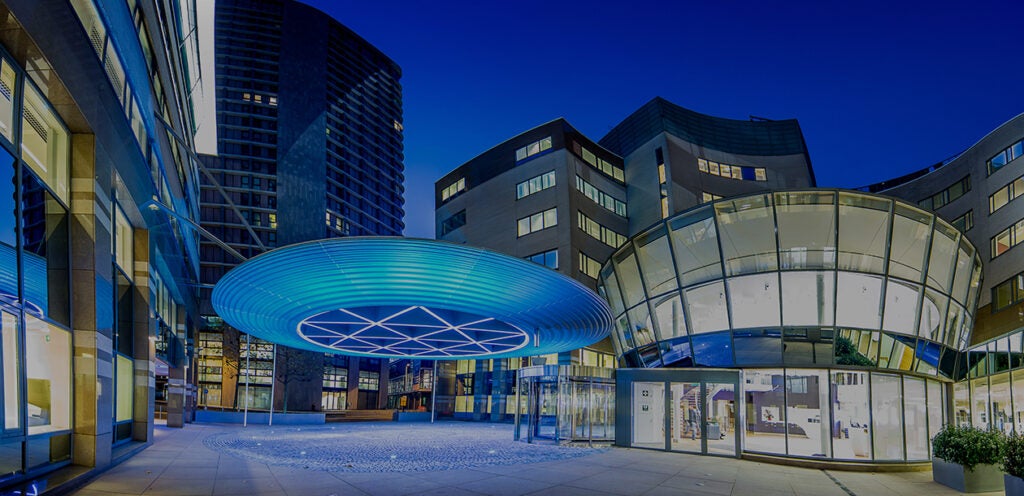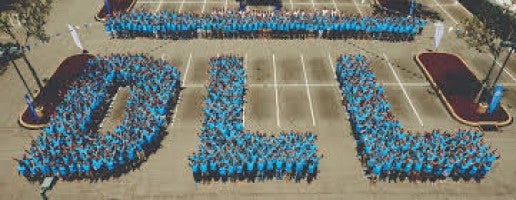Global lessor rolled out
standardised and automated system to help control costs. Liz Bury
reports.
 De Lage Landen (DLL)
De Lage Landen (DLL)
has achieved continuous growth in its portfolio over the past five
years, and reported a bounce back in net profit for 2010.
The leasing giant claimed to have
benefited from staying active in the global market place during the
recession and being among the few lessors with funds available. Net
profit surged 79 percent to €201m in the year to 31 December 2010,
up from €112m in 2009.
The lease portfolio grew by 2
percent to €18.5bn during the year. DLL’s total portfolio,
comprising leasing, consumer loans, commercial finance, and
factoring, was up 6.3% to €25.2bn.
DLL CEO Ronald Slaats said: “It was
an interesting year, but we are back on the road to recovery. The
market was slowly recovering, especially residual values. However
we experienced less demand.
How well do you really know your competitors?
Access the most comprehensive Company Profiles on the market, powered by GlobalData. Save hours of research. Gain competitive edge.

Thank you!
Your download email will arrive shortly
Not ready to buy yet? Download a free sample
We are confident about the unique quality of our Company Profiles. However, we want you to make the most beneficial decision for your business, so we offer a free sample that you can download by submitting the below form
By GlobalData“On the supplier side it has
shifted. We were one of the few international lease companies still
in the market with funding availability. Not every lessor had
access to funding.”
Having fewer competitors during
2010 helped DLL’s margin to creep up, and profitability was also
boosted by a rebound in residual values, after their dramatic fall
during 2009.
Subsidiary Athlon Car Lease
benefited especially from the improving market for ex-lease
cars.
“We have never focused on volume,”
Slaats said.
“We want to be the best, not the
biggest. Margin was too low in 2006 and 2007. When you are lending,
you have to price for risk. Pre-crisis it was too cheap, you
couldn’t price for risk.”
The cost of risk remained “not very
good” in the first half of 2010, but reduced during the second half
and has continued this trend into 2011. The income/cost ratio
returned to 2006 levels, at 1.73, during 2010, with a close focus
on cost containment contributing to the improvement.
“At the end of 2008, the economy
was turning around. You can only influence one thing: cost,” Slaats
said. “We put a large investment in having a single, global,
standardised and automated system and process. A lease in the UK is
not much different from one in the Netherlands.”
The automated system has been
rolled out in North America, with Western Europe to follow.
However, Brazil, DLL’s third-largest market behind North America
and the Netherlands, will not benefit since some funding comes from
a government food and agriculture subsidy.
DLL’s presence in 35 countries was
considered a competitive advantage, particularly in the vendor
space. Global vendor partners include printer and photocopier maker
Ricoh, agricultural specialist Massey Ferguson, and a joint venture
with Phillips Medical Capital.
“Big international vendors want a
single point of contact,” Slaats said. “Five years ago, if you had
a franchise in North America and Europe, you were global. Now you
need to be in Asia, China, Eastern Europe, and South America.”
Heavy losses never materialised in
Brazil, China and Russia during the recession.
The lessor operates in food and
agriculture, health care, office technology, and construction and
transportation.
Slaats described the 2010
performance in food and agriculture as “very strong” and health
care as “good”, both being bolstered by demand for essential
assets.
Office technology was “so so”, and
construction and transport “not very good”, during the year.
However, construction and transportation began to recover in
September 2010, and the upward trend has continued since.
DLL’s vendor finance division grew
despite economic challenges, and took the company into new and
emerging markets.
“Our vendors ask us to start up in
a country – we follow the vendor” Slaats said. “India and Turkey,
for example, are where our vendors have taken us. There is more and
more demand for India.
“Brazil exports a lot of beans and
grains; it needs a lot of equipment to produce them. Brazil has so
much potential as the competition is a bit less there. It exports a
lot of raw material to China, which needs financing.”
DLL, owned by Dutch bank Rabobank, grew its number of staff
worldwide, with 5,257 employees by the end of 2010.








